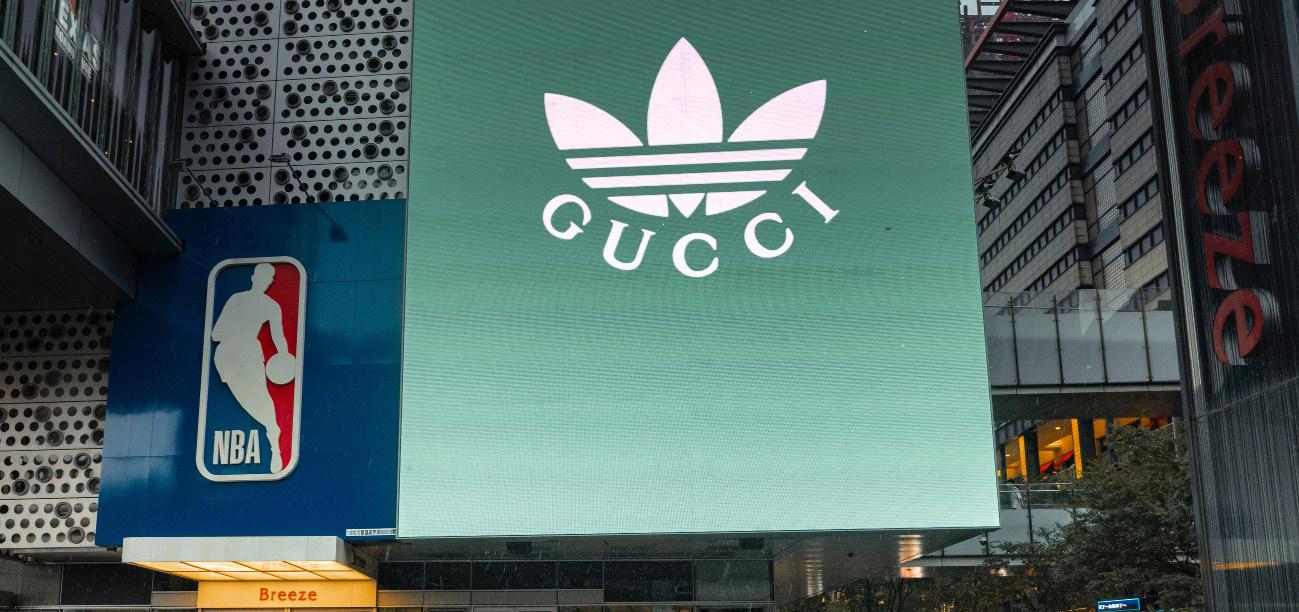
2 minute read
AI: Atrocities of Intimacy?
We’ve all seen the cliche videos circulating across social media, where an augmented image of a person in a provocative and sexually explicit position appears in our feed without our intent. Or maybe we haven’t, and I’m perpetually online too much that my social media account is stained with a darker part of the internet that I never wanted to be on in the first place. Nevertheless, social media and digital technology continue to become more sophisticated and advanced across all facets of society. Whether it’s a chatbot interaction, computer-generated artwork or a computer program you code to write your final essay, digital technology is becoming unlimited in its powerful and problematic potential. But what does this mean for our sexual and romantic desires, when the opportunity for emotional and sexual fulfilment is being further provided by technology, rather than human connections? Are we destined for an inescapable meta verse that decreasingly values the imperfect perfectness of actual relationships?
Sex isn’t something that can be fully replaced by a machine. This is by no means stating that there isn’t a myriad of exciting and interactive technology that is available to purchase currently on the market. From fleshlights to floggers, there’s a contraption for your every desire, yet the spectrum of available technology is becoming even further developed and disassociated from actual intimacy. It begs to ask if sex is becoming even more systematic than sensational in our lives, as something to manage rather than a unique and fundamentally humane experience. Emotional wellbeing underpins our sexual activity. A computer program doesn’t know what makes you feel comfortable, or how to champion your needs to make you feel confident and seductive. AI itself is defined as an artifice as it builds a representation of the real world and reframes this to appeal to our own intentions. The actuality of sex is a lot different to the rose-tinted image that AI is allowing us to reimagine.
Advertisement
Our relationship with our partners isn’t something to be unprecedented as a vital necessity of a happy life. Even outside of romantic and sexual relationships, it’s the compassion and vulnerability provided by family and friends which make us who we are. Imagine the relationship you have with your favourite actor online; supportive, para-social, and ultimately limited to the exposure they have on your timeline. Now imagine the last time you hung out with your friends. The vibrance and spontaneity of real life can’t be fully emulated across a digital screen, as it’s ultimately unreal. Fantasies can be fun, but indulging in them extensively can unplug us from our sense of reality. There’s a recent spark of deep-fake content which manipulates the images of celebrities to distort and exploit them in sexually explicit and derogative positions.
If the current software available can sophisticatedly create pornographic content that stimulates the sexual and romantic relationships we have, what agency do we have over our own identities? Very little. Unfortunately. From a sole image, AI software can create videos and images that present falsehoods and allude to relationships which are not real.
Questioning the future of the forecast digital world for sex and relationships doesn’t have to be a solely pessimistic feat, but it can help us recognise how to value ourselves in an environment that is changing the balance between people and programs. Even in AI images of ‘beauty’, we can’t draw comparisons between our own appearances and what humans have programmed computers to illustrate what ‘beauty’ should look like. Real life is messy and painful and exhaustive. But the perseverance of love in everyday wonders holds a triumph that no technology or device can even marginally emulate. It’s important to remember this fact when digital media can appear faultless and fearful. A device can satisfy you for an evening, a person can fulfil you for a lifetime.
Maybe the future of AI and digital technology is destined for innovation, enterprise and greatness in a new format of romance that has never been possible before. But maybe that future carries a grievance of what sex and relationships once were, to enable them to become what they will soon be.
Words by Alanya Smith Design by Eleanor Byrne
ARE









